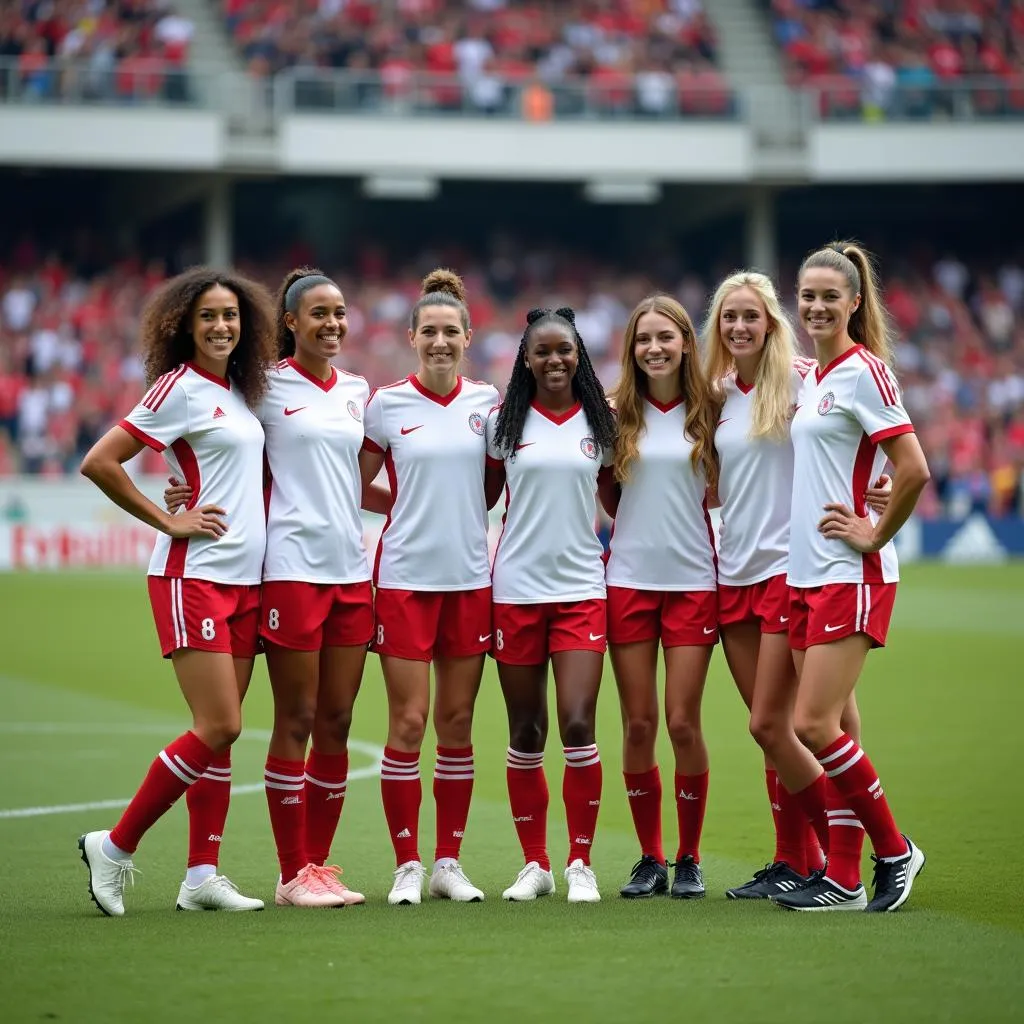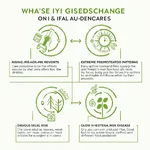The topic of gender equality in sports teams has become increasingly prevalent in IELTS Writing Task 2 exams. Based on past exam trends and current societal discussions, it’s likely to appear more frequently in future tests. This essay topic allows candidates to showcase their critical thinking skills and ability to discuss complex social issues.
Let’s examine a relevant IELTS Writing Task 2 question:
Some people think that sports teams should promote gender equality by including both men and women. Others believe that men and women should play in separate teams. Discuss both these views and give your own opinion.
Analyzing the Question
This question requires candidates to:
- Discuss arguments for mixed-gender sports teams
- Discuss arguments for separate male and female teams
- Provide their own opinion on the issue
It’s crucial to address all parts of the question to achieve a high band score. Let’s look at sample essays for different band scores, starting with a Band 8-9 level response.
Band 8-9 Sample Essay
The debate over whether sports teams should integrate both genders or maintain separate teams for men and women is a complex and evolving issue in modern society. While both perspectives have merit, I believe that the optimal approach depends on the specific sport and level of competition.
Proponents of mixed-gender teams argue that this approach promotes equality and breaks down gender barriers in sports. By allowing men and women to compete together, it challenges traditional stereotypes about gender roles and physical capabilities. This integration can foster mutual respect and understanding between genders, potentially leading to more inclusive attitudes in society at large. Moreover, in recreational and amateur settings, mixed teams can create a more diverse and enjoyable sporting experience for all participants.
On the other hand, those who advocate for separate teams often cite physiological differences between men and women as a primary reason. In many sports, particularly at elite levels, these biological disparities can significantly impact performance and competitiveness. Maintaining separate teams ensures fair competition and provides equal opportunities for both men and women to excel in their respective categories. This approach has historically allowed female athletes to gain recognition and achieve success in sports that might otherwise be dominated by male participants.
In my opinion, the most effective solution is a nuanced one that considers the nature of each sport and the level of competition. For instance, in recreational leagues or youth sports, mixed-gender teams can be highly beneficial, promoting inclusivity and social development. However, at professional or Olympic levels, separate teams for men and women may be more appropriate to ensure fair competition and maintain the highest standards of performance in each category.
It is crucial to recognize that gender equality in sports extends beyond the composition of teams. Equal funding, media coverage, and opportunities for both men’s and women’s sports are equally important factors in achieving true gender equality in athletics. By focusing on these aspects alongside thoughtful integration or separation of teams, we can create a more equitable and inclusive sporting environment for all athletes, regardless of gender.
In conclusion, while mixed-gender teams can promote equality and challenge societal norms, separate teams often ensure fair competition at elite levels. The ideal approach varies depending on the specific context, and a balanced consideration of both perspectives is necessary to achieve genuine gender equality in sports.
 Mixed gender sports teams promoting equality
Mixed gender sports teams promoting equality
Analysis of Band 8-9 Essay
This essay demonstrates excellent qualities that justify a Band 8-9 score:
-
Task Achievement: The essay fully addresses all parts of the question, discussing both views and providing a clear personal opinion.
-
Coherence and Cohesion: The essay is well-organized with clear paragraphs, each focusing on a specific point. Cohesive devices are used effectively throughout.
-
Lexical Resource: A wide range of vocabulary is used accurately and appropriately. Complex ideas are expressed with precision.
-
Grammatical Range and Accuracy: The essay showcases a variety of complex sentence structures with minimal errors.
-
Balanced Argument: The essay presents a nuanced view, acknowledging the merits of both perspectives before offering a thoughtful personal opinion.
-
Relevant Examples: The writer provides relevant examples to support their points, such as comparing recreational and professional sports contexts.
Band 6-7 Sample Essay
The question of whether sports teams should include both men and women or keep them separate is a topic of much debate. There are good reasons for both sides, and I will discuss these views before giving my own opinion.
Those who support mixed-gender teams say it’s good for equality. When men and women play together, it shows that both genders can be good at sports. This can help change old-fashioned ideas about what men and women can do. Also, playing in mixed teams can help people understand and respect each other better. This might be especially good for young people who are still learning about gender roles.
On the other hand, people who think men and women should play in separate teams often talk about physical differences. Men are usually stronger and faster than women, which can be important in many sports. If teams are separate, women have a fair chance to compete and win in their own category. This has helped women’s sports become popular and respected over the years.
In my opinion, I think it depends on the situation. For casual sports or when people are playing for fun, mixed teams can be a good idea. It can be enjoyable and help people learn to work together. But for professional sports or big competitions like the Olympics, I believe separate teams are better. This way, both men and women can compete at the highest level in their own groups.
It’s important to remember that equality in sports isn’t just about who plays on which team. Things like equal pay, media coverage, and opportunities for training are also very important for real equality in sports. We should focus on these things too, not just on whether teams are mixed or separate.
In conclusion, while mixed teams can be good for promoting equality, separate teams are often better for fair competition, especially in professional sports. The best choice depends on the type of sport and level of competition. To achieve true equality in sports, we need to consider many factors beyond just team composition.
 Men's and women's separate sports teams competing
Men's and women's separate sports teams competing
Analysis of Band 6-7 Essay
This essay demonstrates good qualities that justify a Band 6-7 score:
-
Task Achievement: The essay addresses all parts of the question, discussing both views and providing a personal opinion.
-
Coherence and Cohesion: The essay has a clear structure with separate paragraphs for each point. Some cohesive devices are used, though not as sophisticatedly as in the Band 8-9 essay.
-
Lexical Resource: The vocabulary used is generally appropriate, though less varied and precise compared to the higher band essay.
-
Grammatical Range and Accuracy: The essay uses a mix of simple and complex sentences, with some errors that do not impede understanding.
-
Balanced Argument: The essay presents both sides of the argument before offering a personal opinion, though the discussion is less nuanced than the Band 8-9 essay.
-
Examples: The essay provides some examples, though they are less specific and developed compared to the higher band essay.
Key Vocabulary to Remember
-
Gender equality (noun) – /ˈdʒendər iˈkwɒləti/ – The state of equal rights and opportunities for men and women
-
Stereotype (noun) – /ˈsteriəʊtaɪp/ – A fixed, oversimplified image or idea of a particular type of person or thing
-
Inclusivity (noun) – /ˌɪnkluːˈsɪvəti/ – The practice or policy of including people who might otherwise be excluded or marginalized
-
Physiological (adjective) – /ˌfɪziəˈlɒdʒɪkəl/ – Relating to the way in which a living organism or bodily part functions
-
Nuanced (adjective) – /ˈnjuːɑːnst/ – Characterized by subtle shades of meaning or expression
-
Elite (adjective) – /iˈliːt/ – A select group that is superior in terms of ability or qualities to the rest of a group or society
-
Recreational (adjective) – /ˌrekriˈeɪʃənəl/ – Relating to or denoting activity done for enjoyment when one is not working
-
Integration (noun) – /ˌɪntɪˈɡreɪʃən/ – The action or process of combining two or more things in an effective way
-
Disparity (noun) – /dɪˈspærəti/ – A great difference
-
Equitable (adjective) – /ˈekwɪtəbəl/ – Fair and impartial
In conclusion, the topic of gender equality in sports teams is a complex issue that requires careful consideration of various factors. When practicing for the IELTS Writing Task 2, candidates should aim to present a balanced argument, use a range of vocabulary and sentence structures, and provide relevant examples to support their points. Remember to always address all parts of the question and provide a clear personal opinion.
For further practice, try writing your own essay on this topic or related themes such as “Should there be equal prize money for men and women in professional sports?” or “How can media coverage of women’s sports be improved to promote gender equality?” Feel free to share your practice essays in the comments section for feedback and discussion.


